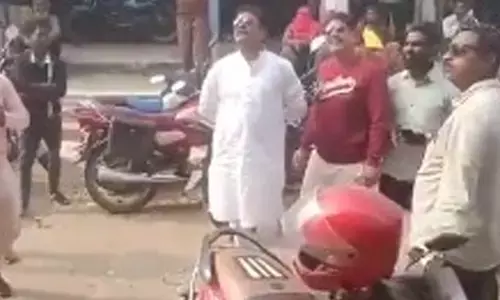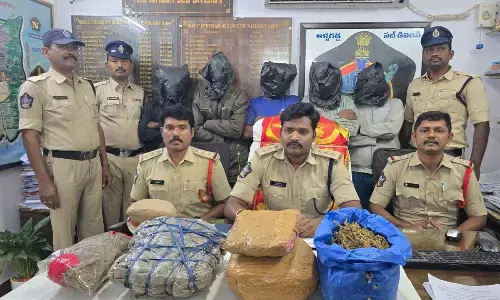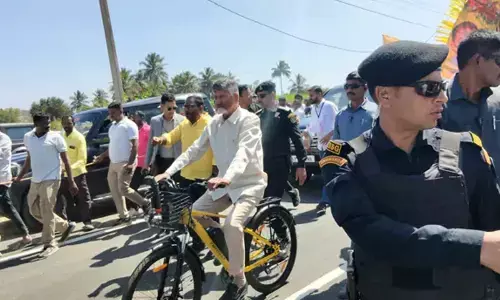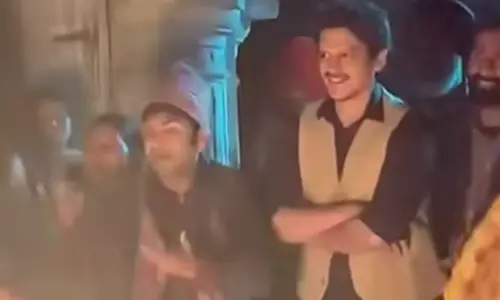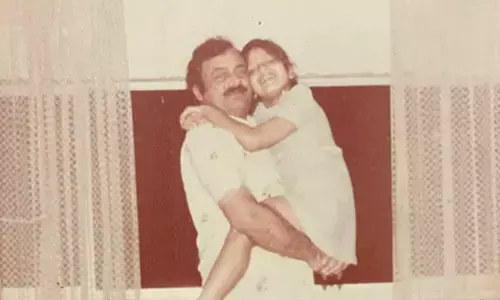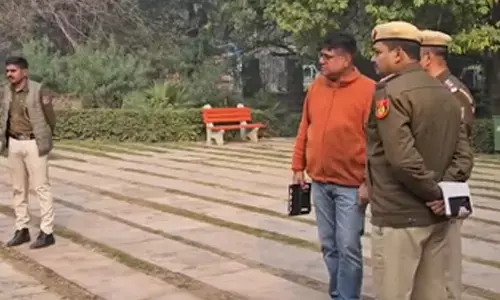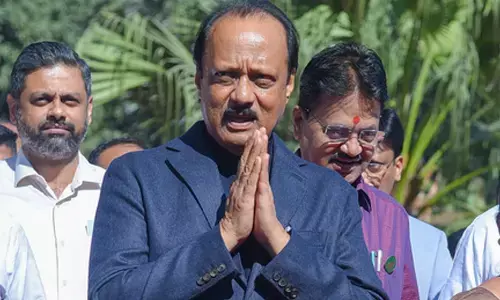Demoralised, but not defeated
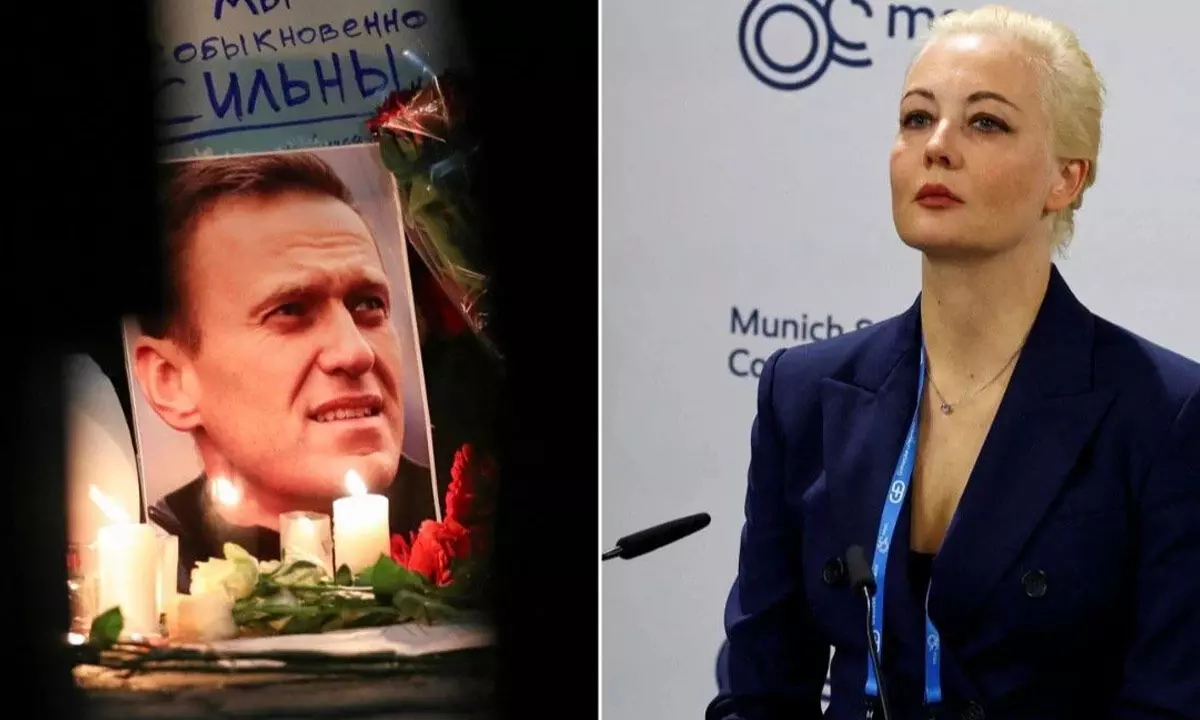
The still mysterious death of Russian opposition figurehead Alexei Navalny was greeted by some Kremlin critics as proof that the era of democratic politics was over in Russia.
The still mysterious death of Russian opposition figurehead Alexei Navalny was greeted by some Kremlin critics as proof that the era of democratic politics was over in Russia. That any change or reset back to democratic governance will henceforth not be due to the ballot box, but will depend on a wave of popular protest galvanising enough support to topple Vladimir Putin.
Navlany’s death comes a few short weeks before Russia holds presidential elections. If Putin wins, the result will confirm him in office for another six-year term.
There are no serious opposition candidates, and the only registered opposition candidate to voice criticism of the war in Ukraine, Boris Nadezhdin, was recently disqualified from running. Thanks to a 2020 constitutional amendment which removed term limits, Putin can stay in office until 2036.
So what becomes of Russia’s opposition, and the country’s fast-disappearing (if not defunct) democracy in the meantime? Who dares pick up Navalny’s standard in the campaign against Russia’s autocratic leader?
The death of democracy in Russia has been proclaimed several times. Within five years of Putin coming to power, analysts were already pointing to the lack of authentic opposition parties. Meanwhile, surveys by the Levada Center – Russia’s best-known opinion pollsters – found that by mid-2004 only 42% of Russians believed that political opposition still existed in the country.
By that stage, they had already seen the death of veteran opposition politician Sergei Yushenkov, leader of the anti-Kremlin party Liberal Russia, who was shot in front of his Moscow home in April 2003. Deaths of other prominent opposition figures, including investigative journalist Anna Politkovskaya and lawyer and activist Sergei Magnitsky, followed in fairly rapid succession. Critics who had left the country, such as Alexander Litvinenko and Boris Berezovsky, were targeted in exile.
In 2015, Boris Nemtsov, a former Yeltsin-era deputy prime minister who had once been tipped to take over, was shot dead on a Moscow street the day before he was due to lead a march against Russia’s incursions in Ukraine and its annexation of Crimea.
By the time Navalny was poisoned on a domestic flight over Siberia in August 2020, he had become the main focus of Russia’s opposition. His poisoning and then subsequent return to Russia in January 2021 and his re-arrest and imprisonment on what were clearly questionable charges, sparked a degree of optimism that Putin had over-reached.
Putin tightens
the screws
But the invasion of Ukraine in February was accompanied by the introduction of harsh new laws aimed at stifling dissent. The arrest of other opposition figures in 2022 under these new laws was effectively a decapitation of the opposition in Russia. Under the new laws, children were arrested for the first time. The legislation imposed sentences of up to 15 years for spreading “false information” – that is, voicing opposition to the war.
Sentences meted out to high-profile protesters – such as artist and writer Sasha Skochilenko, who was given a seven year jail term for replacing supermarket labels with anti-war messages soon after the invasion in April 2022 – appear to have discouraged many from taking to the streets in protest at the war.
Now, most well-known Russian opposition figures are either in exile or prison. Anglo-Russian journalist and activist Vladimir Kara-Murza was sentenced in 2022 for 25 years for “treason”, having condemned the invasion of Ukraine, as was opposition politician Ilya Yashin.
Russian dissident Vladimir Kara-Murza was sentenced in April 2023 to 25 years in prison for ‘treason’ among other charges. Others, including former oligarch Mikhail Khodorkovsky, Putin’s first prime minister Mikhail Kasyanov, and former world chess champion Garry Kasparov fled abroad. While each is a vocal Putin critic, exile makes it difficult to shape change.
Green shoots?
Despite this, there are some green shoots that could rise to defy Russia’s political winter.
The day the news of Navalny’s death broke internationally, his widow – Yulia Navalnaya appeared in front of an audience of world leaders at the Munich Security conference. ‘Keep on fighting’: Yulia Navalnaya vowed to carry on her husband’s work after his death in a Russian prison camp, February 2024. She said: “The main thing we can do for Alexei and for ourselves is to keep on fighting. To unite into one powerful fist and hit this insane regime. Putin, his friends, the bandits in uniform, the thieves and murderers have crippled our country.”
Her tenacity could make her an effective force to revive opposition at home and abroad. Meanwhile, another group of Russian women is making its voice heard across Russia, with a message that carries a significant amount of moral force due to their status in a country at war. The Council of Mothers and Wives campaigned fiercely against Putin’s decision to call up reservists in the autumn of 2022, and the Russian president’s approval ratings (and that of his government in general) took a significant hit.
The Kremlin tried to reach out to the group, but its leaders refused to meet with the president, so a stage-managed meeting was held with a group of women hand-picked from pro-government organisations. The council, meanwhile, was declared a “foreign agent” and officially closed in July 2023.
Its focus was to bring troops home from Ukraine, rather than opposing the war itself. But the longer the war continues, the more wives and mothers will lose loved ones – and there will be plenty of women who fear this may happen to their own family.
Perhaps, the voice of Yulia Navalnaya – a woman who lost her own husband to Vladimir Putin’s megalomania – will resonate among those women who fear the same may happen to their men.
(https://theconversation.com/ Writer is Lecturer (Assistant Professor) in Russian and Post-Soviet Politics, University of Bath, Somerset, UK)








